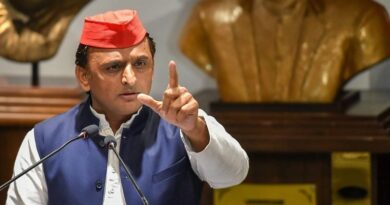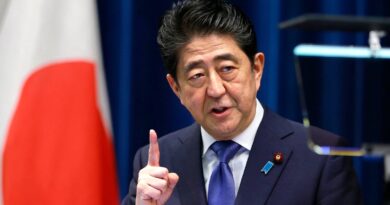UAE keen on speedy restoration of air services with India, says envoy
The United Arab Emirates (UAE) are interested in rapid recovery from normal air services with India because of the lack of adequate flights is the difficulty for travelers and has caused a surge in airfares, the Ahmed Albanna Ambassador said on Wednesday.
Under the arrangement of air bubbles was successful by the two countries after the Pandemic Covid-19 Pandemic, Emirates and Etihad, the UAE flag carrier, currently operating at 30% of their total capacity based on a normal air service agreement.
It affects traffic and return ticket prices have risen to almost ₹ 200000 from the pre-Pandemic level around ₹ 80,000 to ₹ 90,000. In addition to returning to the air service agreement, which will result in doubling traffic, the two countries must see an increase in capacity under the pact, Albanna told a group of journalists.
The UAE also asked the Indian government to free flights to Emirates from restrictions during the Dubai Expo 2020, which will continue until March next year, but have not received a “green light”, he said.
UAE is home to more than three million Indian expatriates, the largest ethnic community in Emirates consisting of professionals and blue collar workers and their families. Flight requests have increased when the more Indians return to the UAE. Dubai also functions as a major transit point for Indians traveling to other parts of the world.
Albanna recorded a total weekly capacity for Dubai only under an air service agreement of around 65,000 seats, while only 24,000 seats are currently available. The frequency of flights on the Delhi-Dubai route has dropped from five weeks to three weeks, he said.
The clause in the 2007 air service agreement was the mandate that when the capacity on the route between UAE and India touched 80%, the new quota to be shared between the operators of the two countries must be negotiated again. Albanna noted that Indian operators had reached a 100% capacity before the pandemic.
“At that time, there was at 1,068 flights a week, with around 400-plus flights by UAE operators and more than 500 by Indians. We need to negotiate again,” he said.
Two rounds of conversation held in Mumbai in 2017 and New Delhi in 2019 have not yet made the final decision on the capacity building for four sectors of Dubai, Abu Dhabi, Sharjah and Ras Al Khaimah “, he said. It is the benefit of India to end air bubbles, return to the air service agreement and open all airports as soon as the restrictions on the trip further, the envoy was added.
Albanna said UAE and India recently concluded the second round of negotiations on the proposed comprehensive economic partnership agreement (CEPA) in Dubai and the third round will be held soon.
Even though both parties are eyeing the settlement of negotiations in March next year, Albanna said: “I want to be before March. Hopefully it will happen. CEPA will be a big plus point in our strategic partnership.”
Referring to the first virtual meeting of Indian Foreign Minister, Israel, US and UAE last month, Albanna said four countries did not have a plan to create an alliance such as NATO. “It doesn’t make sense. This is an economic block that concentrates on economic and business collaboration between four countries,” he said.
The technical team of four parties is preparing in-person meetings. “Very very, after it’s finished, the ministers will meet to discuss the further sector [cooperation],” he said.



